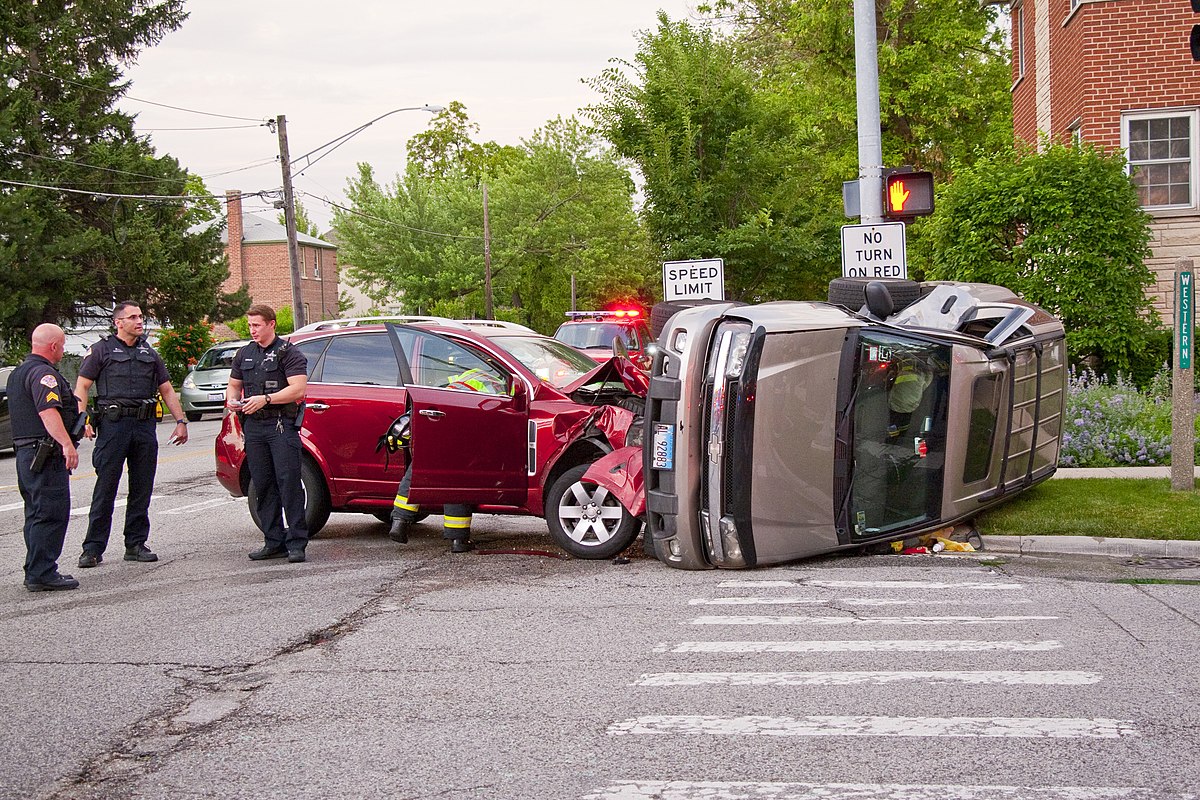Car accidents can be frightening and stressful experiences, but knowing what to do in the aftermath can help protect your safety and legal rights. Whether it’s a minor fender bender or a more serious collision, following the right steps is essential. This comprehensive guide outlines the necessary actions to take after a car accident to ensure everyone’s well-being and to navigate the aftermath smoothly.
1. Assess the Situation
a. Check for Injuries
The first priority after a car accident is to check yourself, your passengers, and anyone else involved for injuries. If anyone is injured, call emergency services immediately.
b. Move to Safety
If it’s safe to do so, move your vehicle out of traffic to prevent further accidents. Turn on your hazard lights to alert other drivers.
2. Call the Authorities
a. Contact Law Enforcement
Even if the accident seems minor, it’s crucial to report it to the police. They can document the scene, gather information, and create an official accident report, which may be necessary for insurance claims and legal proceedings.
b. Exchange Information
Exchange contact and insurance information with the other driver(s) involved in the accident. Include names, addresses, phone numbers, license plate numbers, driver’s license numbers, and insurance policy details.
3. Document the Scene
a. Take Photos
Use your smartphone or camera to take photos of the accident scene, including vehicle damage, road conditions, skid marks, and any relevant signage or landmarks.
b. Gather Witness Information
If there are witnesses to the accident, ask for their names and contact information. Their testimony may be valuable for insurance claims or legal proceedings.
4. Notify Your Insurance Company
a. Report the Accident
Contact your insurance company as soon as possible to report the accident. Provide them with the details of the incident and any relevant information you’ve gathered.
b. Follow Instructions
Follow your insurance company’s instructions for filing a claim and providing documentation. Be honest and thorough in your communication to ensure a smooth claims process.
5. Seek Medical Attention
a. Get Evaluated
Even if you don’t think you’re seriously injured, it’s important to seek medical attention after a car accident. Some injuries, such as whiplash or internal bleeding, may not be immediately apparent.
b. Keep Records
Keep detailed records of any medical treatment you receive, including doctor’s visits, prescriptions, and bills. This documentation will be important for insurance claims and potential legal actions.
6. Follow Up
a. Stay Informed
Stay in touch with your insurance company and healthcare providers to stay informed about the progress of your claim and treatment.
b. Consider Legal Counsel
If you’re facing challenges with your insurance claim or if you’re considering legal action against the other driver, consult with a qualified attorney who specializes in car accidents.
Frequently Asked Questions (FAQs)
Q: What should I do if the other driver leaves the scene of the accident? A: If the other driver flees the scene of the accident, try to gather as much information as possible, including their license plate number and a description of the vehicle. Contact the police immediately to report the hit-and-run.
Q: Should I admit fault at the scene of the accident? A: No, you should avoid admitting fault or making statements about who was to blame for the accident. Stick to factual information when speaking to the other driver, the police, and your insurance company.
Q: What if I don’t have car insurance? A: Driving without insurance is illegal in most states. If you’re involved in an accident without insurance, you may face legal consequences and financial liabilities. Consider seeking legal advice to understand your options.
Q: Can I still file a claim if the accident was partially my fault? A: Yes, you may still be able to file a claim even if you were partially at fault for the accident. Insurance companies use a comparative negligence system to determine compensation based on each party’s degree of fault.
Q: How long do I have to file an insurance claim after a car accident? A: The deadline for filing an insurance claim after a car accident varies depending on your insurance policy and state laws. However, it’s best to report the accident to your insurance company as soon as possible to avoid any potential complications.
Navigating the aftermath of a car accident can be overwhelming, but by following these steps and seeking appropriate assistance, you can protect your safety, rights, and financial interests. Remember to stay calm, communicate clearly, and prioritize your well-being in the aftermath of a car accident.


